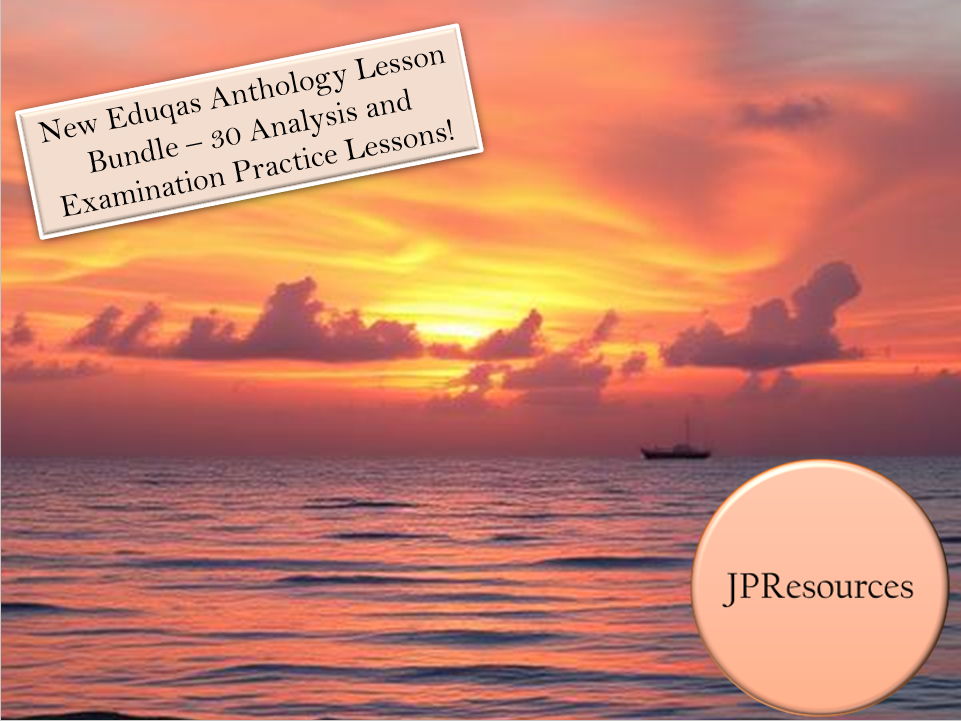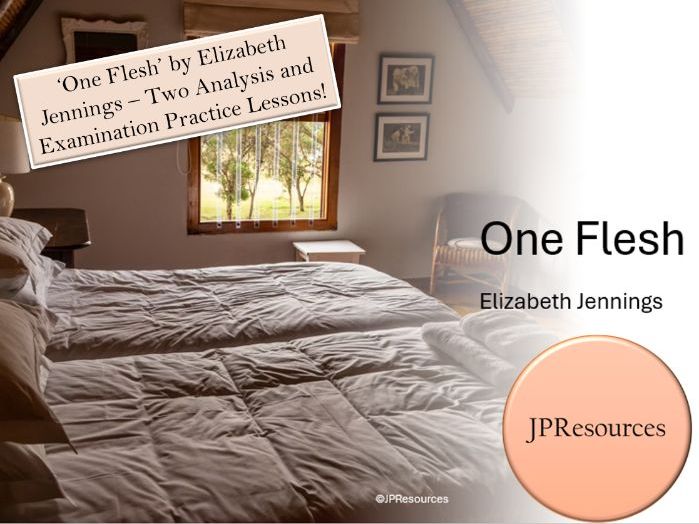JPResources
I am an English teacher with over 16 years' experience. My high quality resources will save you time and offer creative and purposeful activities for your students. For commissions, questions or feedback, please e-mail me at jpresourcesuk@gmail.com
























